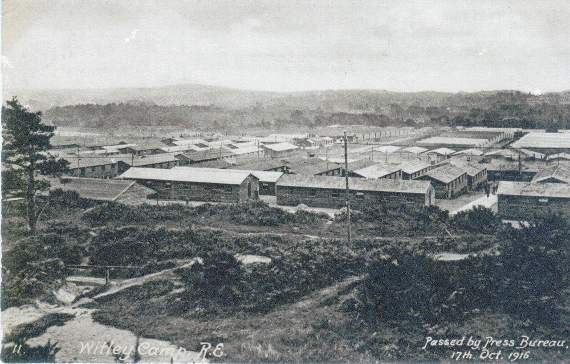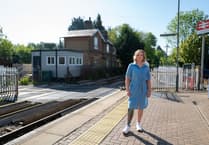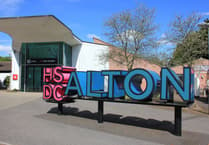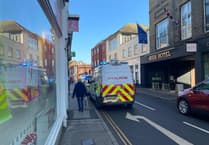GODALMING Museum has been awarded £63,900 from the National Lottery Heritage Fund to carry out an exciting new community archaeology project at Witley Camp.
Witley Common was once a bustling military camp and home to 20,000 British and Canadian soldiers as well as a veterinary hospital, but the area has returned to woodland.
Before the camp is forgotten completely, volunteers from the community are be invited to join professionals from Surrey County Archaeological Unit to carry out landscape surveys and excavations and learn new skills.
For the first time, the National Trust-owned site will be recorded thoroughly, ensuring specific areas of interest are identified and preserved for future generations. The results of these excavations will be made public through interpretation panels, open days and outreach sessions with schools.
A number of loan boxes and a permanent exhibition will be created, to ensure the camp and its important history are not forgotten.
Hannah Potter from Surrey County Archaeological Unit, who will be leading the community excavations, said: “Although we have photos of Witley Camp from the First World War, we don’t actually know what remains beneath the ground. The opportunity for volunteers to join us during excavations and to have a go processing finds is really exciting.”
Alan Taylor, National Trust community learning officer, said: “Over the years we have pieced together stories and facts about the camp at Witley Common, but there is so much more we would love to know.
“We are really excited to be supporting this project. We’re looking forward to having more interpretation here on site, so that visitors – and children at our schools sessions – can find out more about the camp and its most famous soldier, the poet Wilfred Owen.”
When the Second World War broke out, three camps were rebuilt by the British for use by Canadian troops and to train the local Home Guard. Witley was involved with the disastrous Canadian Army landings at Dieppe, and was used as a holding area in the lead up to D-Day.
Between 1946 and 1949, the camps were taken over as the headquarters of the Polish Resettlement Corps, helping resettle around 150,000 Poles and their families in Britain. The site was then again returned to common land.
* To volunteer on the project, share your knowledge of the camp, or for more details, email [email protected].





Comments
This article has no comments yet. Be the first to leave a comment.